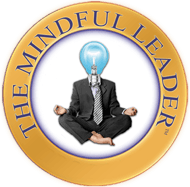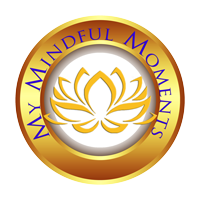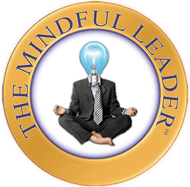We teach people outside of ourselves how to treat us through setting and enforcing personal boundaries. On a subconscious level, this also teaches us that we have worth and are willing to fight for ourselves, which shows us that we love ourselves and feel worthy and valued. Whether we’re doing this on a conscious or subconscious level doesn’t matter; we are always doing it. However, once we learn about this practice and decide to go forward on purpose, we may find our lives improving a great deal because we’re drawing lines to let others know what’s okay and what isn’t. Not only is this empowering, it also allows you to lead a much healthier and happier life.
No one can read minds, so when we feel a certain way after someone says or does something and expect them to know how we feel automatically (which doesn’t typically happen), we’re essentially setting ourselves up for failure. Why? Well, because when you don’t speak up about how something made you feel, the other person doesn’t know what’s what and will simply go on thinking that his or her behaving that way is acceptable to you. The sooner you draw that line and start enforcing it, the sooner the other person will learn that whatever it was they were doing doesn’t fly with you.
In essence, boundaries are simply knowing your limits and making those limits known to people whom you get close to. With that being said, let’s take a look at some of the reasons why setting and maintaining boundaries is so important.
1. Boundaries help you to clearly define where your experience ends and someone else’s experience begins. This helps you to keep things in perspective as well as remaining empathetic without taking everything on as your own.
2. Boundaries also help you to fully realize that the only person or life you have control over is your own. This can help you to avoid becoming codependent or enmeshed in unhealthy relationships with others.
3. Boundaries help you to take better care of yourself and your own needs, which in turn allows you to have a better quality of relationships with people who truly care about you rather than falling into the trap of codependency... or worse.
4. Boundaries help us to fully recognize our own experience, which helps us to be accountable to ourselves and own our thoughts, words, and actions completely.
5. Last but not least, boundaries help us to become and embody our true selves. This has a number of benefits, including but not limited to finally attracting and maintaining truly loving and balanced relationships, not only with other people but also with ourselves.
Personal boundaries are largely based on your emotional responses to interactions with other people. However, they also allow you to look at how you’re feeling without judging your own emotions. Utilizing your discernment, you can then determine whether something is worth bringing up or not, which is also known as picking your battles. This is slightly different from determining whether you should tell someone yes or no, but along the same lines.
When you begin to construct your personal boundaries with intention, you will likely find yourself taking better care of your mind, body, and spirit, your health, and the most important aspects, your time and energy. Your time and energy are your most valuable assets, and though your energy can be recharged, your time cannot be given back. This is why it’s so important to practice mindfulness and what is sometimes referred to as sacred selfishness (you can read a book of the same title by Bud Harris, PhD) – caring for yourself first so that you can better take care of others. This is the most effective way to thrive rather than only survive in this amazing life.
Please come back next week for another article about boundaries. Throughout December, we will be discussing healthy boundaries, how to set them, and what some of the repercussions might be as you do so. These repercussions tie into change resistance, which we’ve covered here before, but the focus here will be on self-care and boundaries so that you can have the healthiest, most loving relationships possible.
To learn more about the Mindfulness Movement and the International Mindfulness Federation, please visit:
http://executivecoachinguniversity.com/mindfulness-movement










